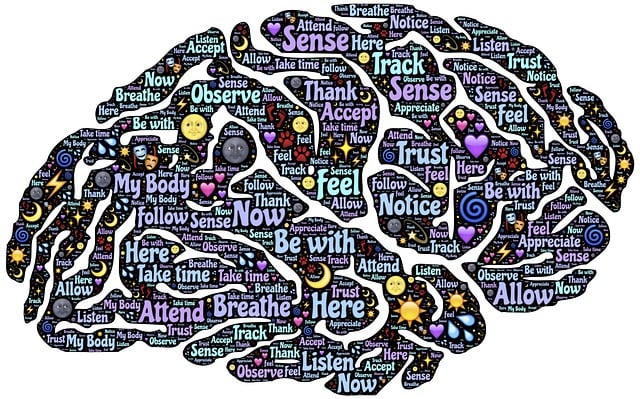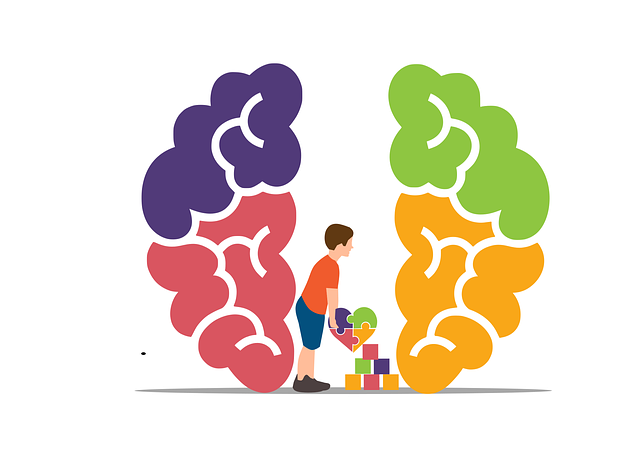Longmont Young Adults Therapy (LYAT) employs comprehensive risk assessment techniques using clinical interviews, tools, and observation to identify mental health vulnerabilities. They develop personalized Risk Management Plans integrating Emotional Well-being Promotion Techniques like CBT, mindfulness, and group therapy to minimize harm. LYAT's holistic approach, including mindfulness meditation workshops, has been recognized for improving patient outcomes and building community trust in youth mental health services.
“In the realm of therapy, particularly when working with vulnerable young adults in Longmont, risk assessment and harm minimization are paramount. This comprehensive guide delves into the essential tools and techniques for conducting thorough risk assessments, offering a practical framework for therapists. We explore strategies to implement harm minimization plans, drawing from real-world case studies showcasing successful applications within Longmont Young Adult Therapy settings. By understanding these processes, practitioners can enhance client safety and foster positive outcomes.”
- Understanding Risk Assessment in Therapy: Tools and Techniques for Longmont Young Adults
- Implementing Harm Minimization Strategies: A Guide for Practitioners Working with Youth
- Case Studies: Successful Risk Assessment and Harm Minimization Plans in Action (Focus on Longmont Young Adult Therapy)
Understanding Risk Assessment in Therapy: Tools and Techniques for Longmont Young Adults

In the realm of Longmont Young Adults therapy, understanding risk assessment is paramount to ensuring effective treatment and promoting emotional well-being. Risk assessment involves systematically evaluating potential hazards and their likelihood in order to guide interventions and develop tailored plans for each individual. For young adults navigating therapy, this process is crucial as it helps identify vulnerabilities related to depression prevention and other mental health concerns.
Therapists employ various tools and techniques to conduct comprehensive risk assessments. These include clinical interviews, standardized assessment tools, and observational methods. By integrating Emotional Well-being Promotion Techniques, mental health professionals can effectively manage risks and implement Risk Management Planning tailored to each client’s unique needs. This proactive approach not only minimizes potential harm but also fosters a safe and supportive environment conducive to growth and recovery.
Implementing Harm Minimization Strategies: A Guide for Practitioners Working with Youth

Implementing harm minimization strategies is a critical aspect of working with young adults in therapy settings, such as those offered at Longmont Young Adults Therapy. This involves a structured approach to risk assessment, where mental health professionals must meticulously evaluate clients’ presentations, including their history, current circumstances, and potential triggers for self-harm or risky behaviors. By conducting comprehensive risk assessments, practitioners can identify individuals who may be at higher risk of causing themselves harm and implement tailored interventions early on.
These strategies focus not only on crisis management but also on proactive measures to enhance clients’ coping skills, improve self-esteem, and foster resilience. For instance, therapy programs can incorporate techniques like cognitive-behavioral therapy (CBT) to challenge negative thinking patterns, mindfulness practices for emotional regulation, and group therapy sessions for peer support and social connection, all of which contribute to burnout prevention. Such holistic interventions aim to empower young adults with the tools necessary to navigate challenges and make informed decisions, ultimately minimizing risks associated with their mental health and well-being.
Case Studies: Successful Risk Assessment and Harm Minimization Plans in Action (Focus on Longmont Young Adult Therapy)

Longmont Young Adult Therapy (LYAT) stands as a shining example of effective risk assessment and harm minimization planning in action. By meticulously evaluating potential risks, LYAT has developed strategies that foster a safe and supportive environment for their young clients. Their approach includes regular sessions on mindfulness meditation, integrating these practices into daily therapy routines to help individuals manage stress and develop coping skills. This holistic strategy not only minimizes risks but also empowers patients with lifelong tools to navigate challenges.
Through targeted interventions like Stress Management Workshops, LYAT actively addresses the root causes of distress among young adults. By organizing engaging activities that promote emotional well-being, they ensure their clients receive comprehensive care. The success of LYAT’s harm minimization planning is evident in the positive outcomes reported by former patients and the organization’s growing reputation as a leader in youth mental health services, including notable mentions for their innovative use of mindfulness techniques and coping skills development within the community.
Risk assessment and harm minimization planning are essential components of effective therapy for Longmont young adults. By understanding risk factors, utilizing appropriate tools, and implementing tailored strategies, practitioners can create robust plans that support the well-being of their clients. The case studies presented in this article demonstrate successful applications within Longmont Young Adults Therapy, offering valuable insights for professionals seeking to enhance their practices through evidence-based approaches.









